|
Mustard and I are geared up to give our conference talk today! Hopefully no one asks tricky questions...
0 Comments
They do. It's often the only time they get to meet up with collaborators or other people in their field face-to-face. Scientific conferences are generally a few days in length, and most of the people going will either give a talk about their work or make a poster, which will hang in the conference venue for people to read. Conferences are an awesome opportunity to introduce yourself to people you might want to collaborate with in the future, meet some peers in a similar field, or get a chance to talk to that semi-famous scientist whose papers you've cited a hundred times but never met. Sometimes it's also just really nice to get out of the office/lab and get re-inspired by the creative research other people are doing! Mustard and I are at the joint conference of the Society of Australian Systematic Biologists and the Invertebrate Biodiversity and Conservation group in Fremantle, WA. The first day of the conference was a workshop on career development that was targeted primarily for PhD and early career researchers, and women in particular. It was run by the amazing Dr. Nerida Wilson of the Western Australian Museum, and had some great speakers giving us tips on everything from grant writing to balancing your work and your life. We had sessions on networking, abstract writing, mental resilience for working in science, and some suggestions for job applications and managing your career path. It was a pretty useful day, and a great opportunity to meet some other cool female scientists in a relaxed setting.
Tomorrow the conference begins properly! The last couple of weeks have been full of exciting stuff - lab work! We'll take you through what we're doing in the lab step-by-step very soon, but today Mustard just wanted to share a photo of him taking notes in our lab book.
Scientists need to keep very careful notes about what they do in the lab. This is firstly just for themselves - it's hard to remember exactly what protocol or procedure you did last week, let along three years down the track. Secondly, when you publish your results in a scientific journal, you need to write in the methods - which means you need to keep a good record of what you did! Thirdly, if another scientist tries to replicate your results and fails, having detailed notes about all the different successes and failures you had in the lab along the way can help sort out what's going on. |
AuthorPhD student and her trusty dinosaur explore the world of science. Check out our Citizen Science Project, The Caterpillar Conundrum! Archives
July 2016
Categories
All
|
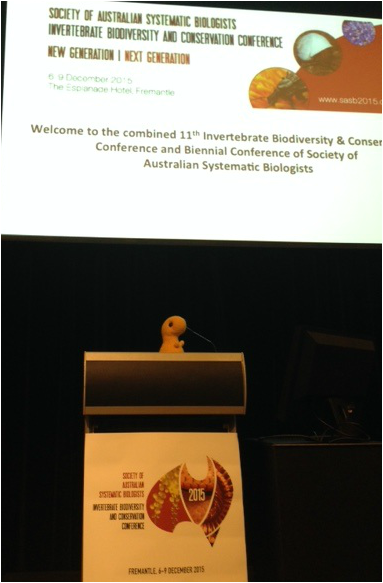
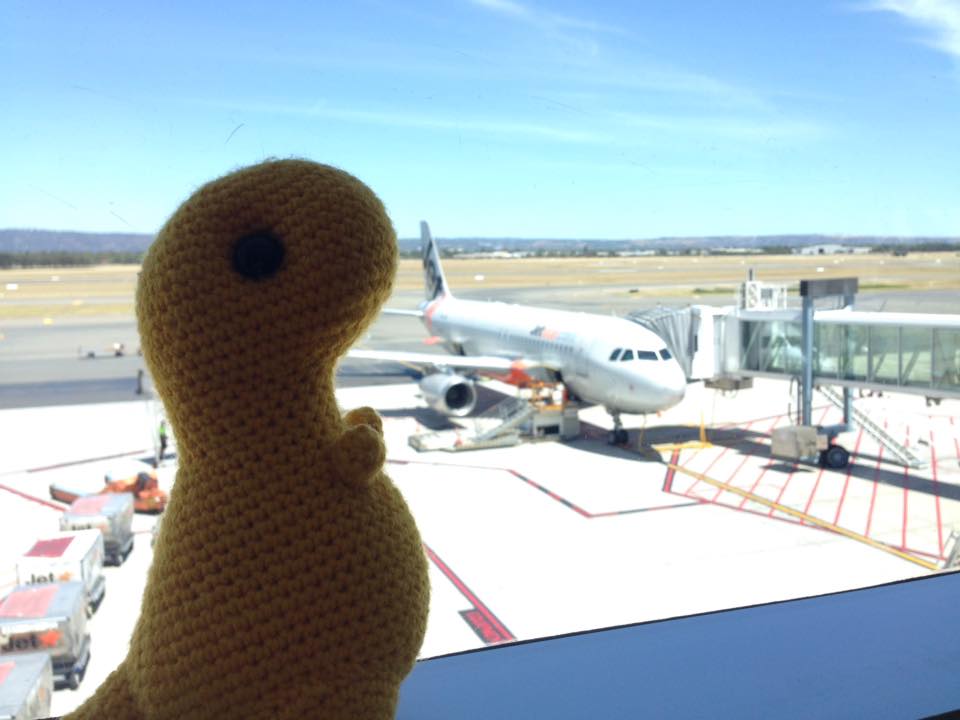
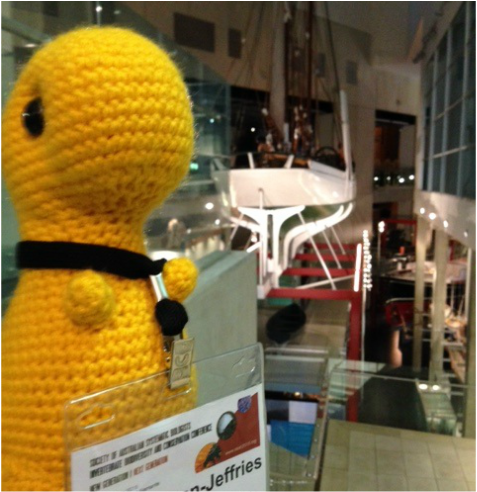
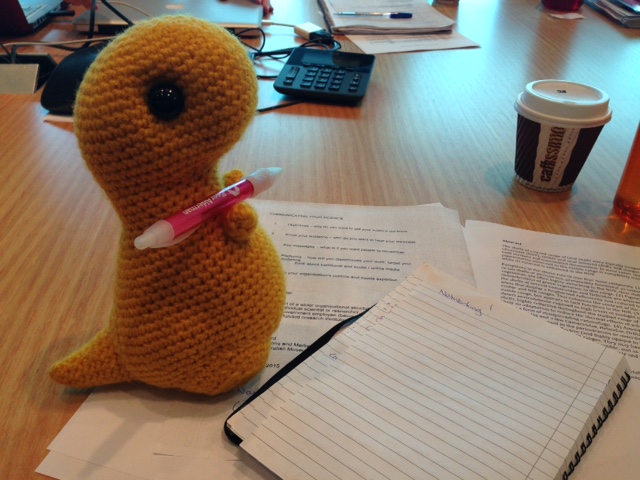
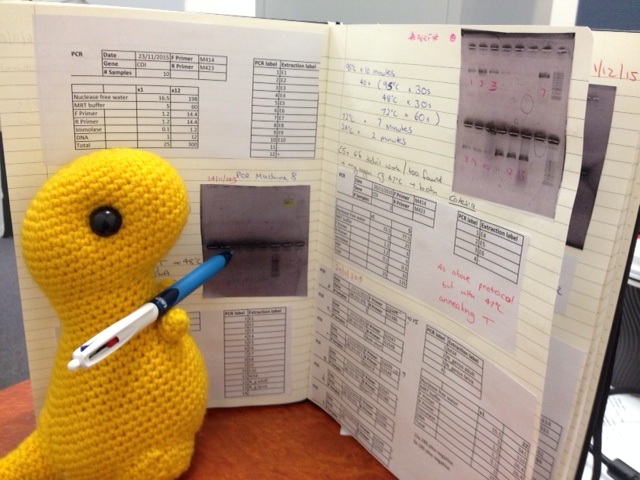
 RSS Feed
RSS Feed
